Response to COVID-19 in the Republic of Congo
Alert CV19 098
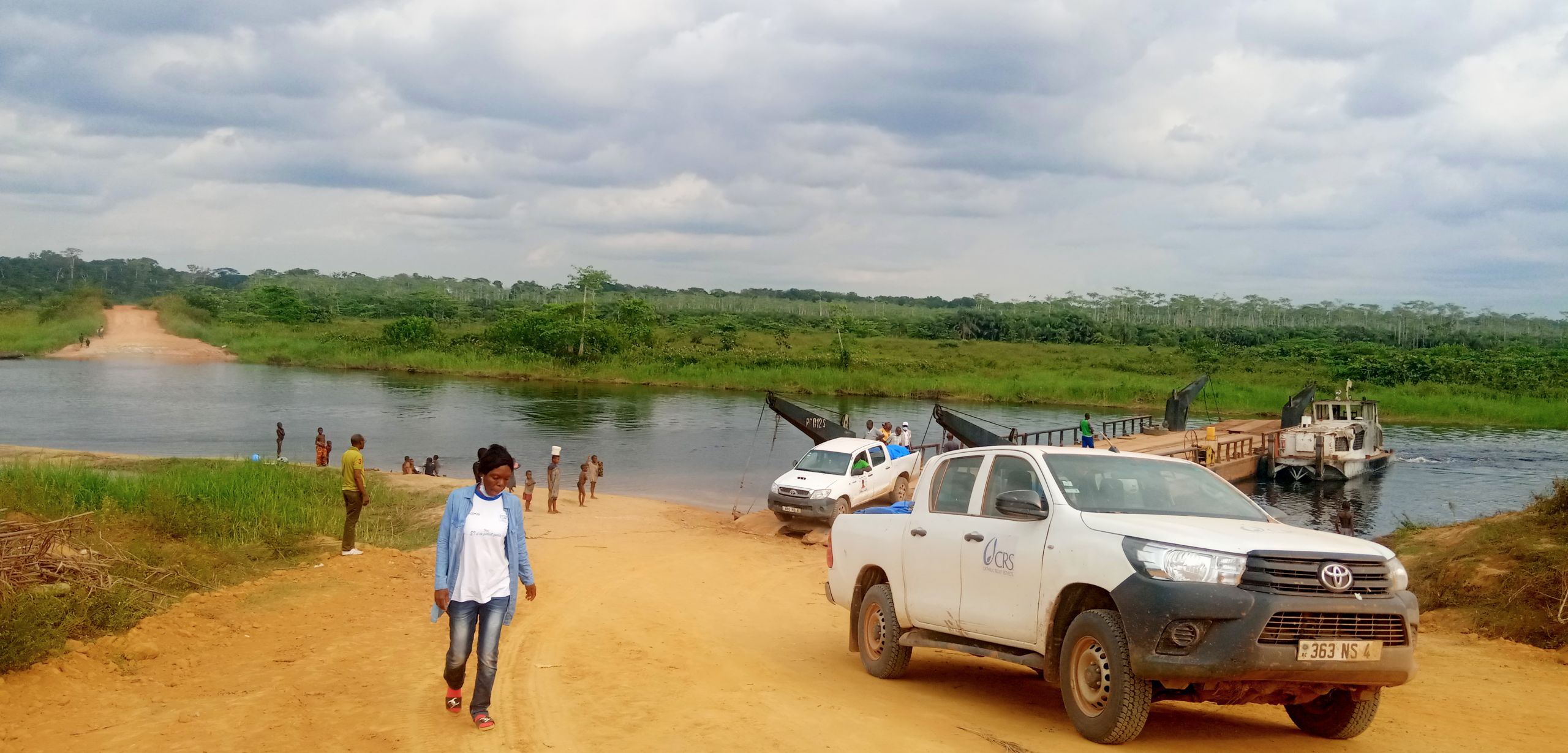
Since July 2020, the northern part of the Republic of Congo has been in the grip of major floods caused by torrential rains that have fallen in this area. By November 2020, almost 83,000 people living in six districts of the Likouala Department (north) were affected. Over time, other districts along the Congo and Oubangui rivers were also affected by this disaster.
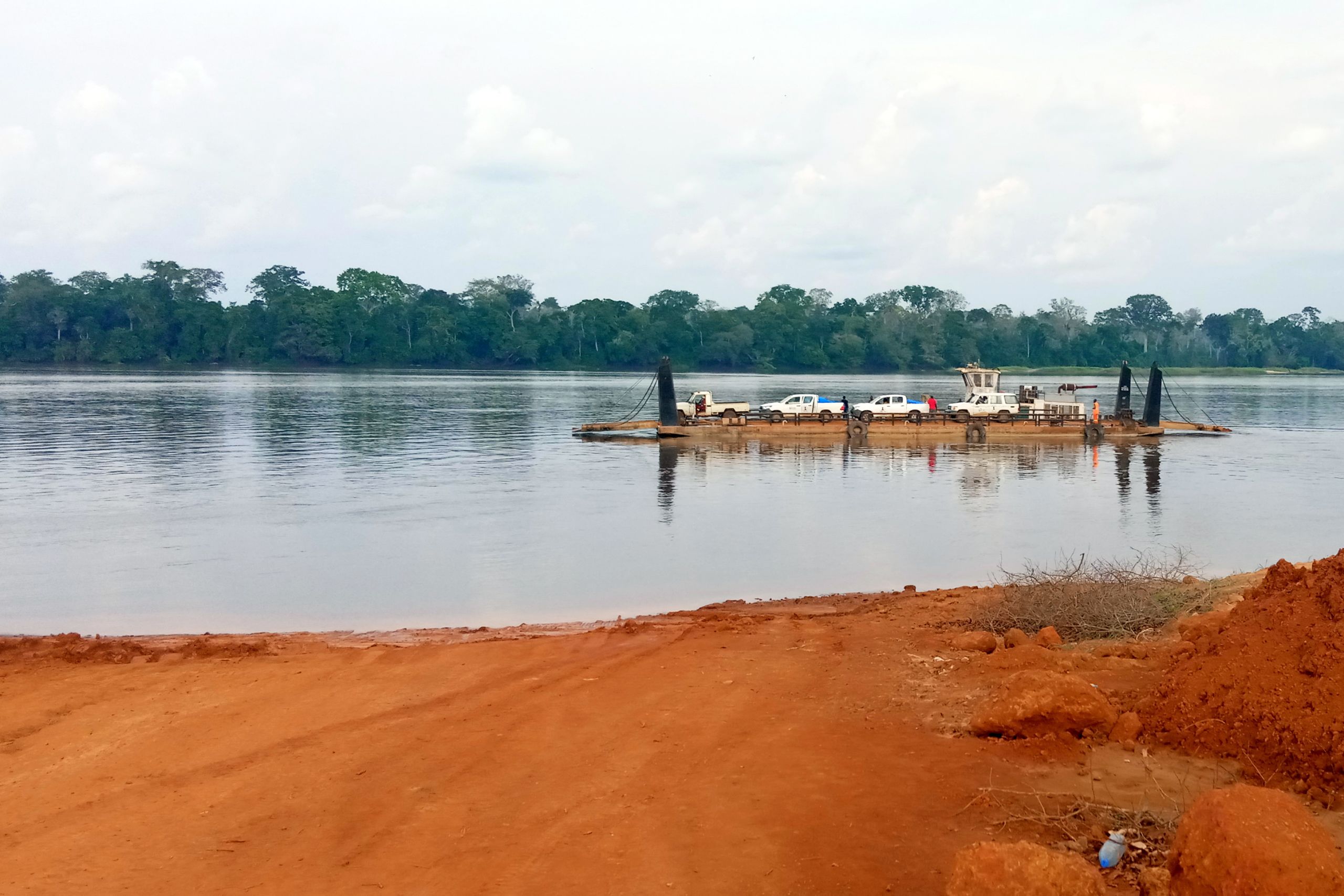
As a result of the floods, many people were in need of support in terms of health; water, hygiene and sanitation; shelter; food and nutrition; livelihoods; and education. Most people were sleeping in the open air, exposed to bad weather and communicable diseases. There was also mass displacement of people to unaffected areas, causing a considerable closing in of populations.
Unfortunately, this is happening at a time when the whole world is struggling with the COVID-19 pandemic. The mass displacement of populations increases the risk of spreading coronavirus, making the population even more vulnerable.
Response
Catholic Relief Services (CRS) implemented an emergency project aimed at fighting COVID-19 in two districts of the Likouala department, Impfondo and Epéna, to counter the consequences of the displacement. The main activities included raising awareness of the effects of COVID-19 among these populations, while providing them with the necessary supplies to fight the virus so that it would not spread. The main objective was to reduce the risk of the host population and the displaced population spreading the virus to one another when meeting in public places such as the market and schools.

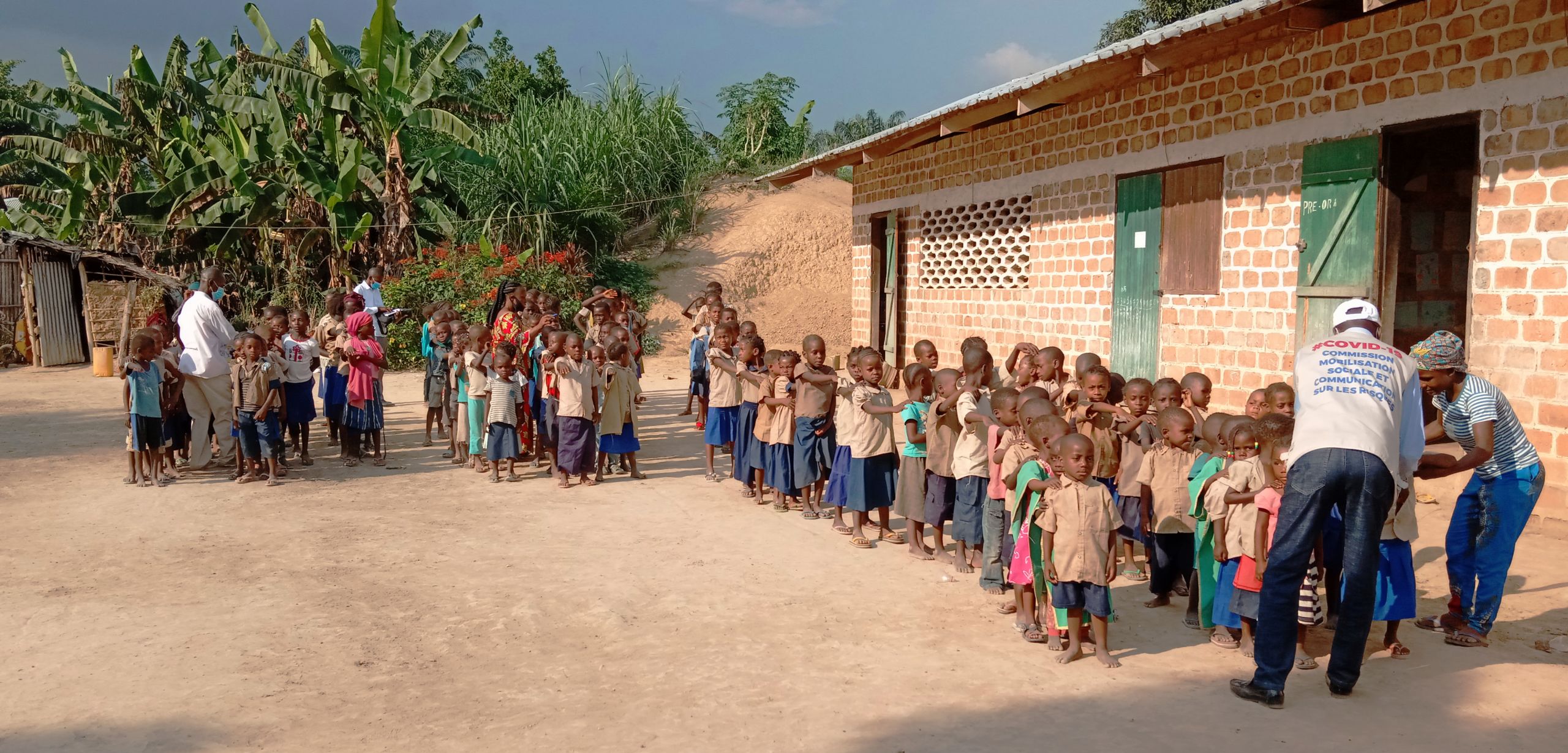
CRS focused its activities on the indigenous population by targeting children studying in schools specifically for indigenous children called ORA schools, which stands for Observe Reflect and Act. This was done through training for the teachers of these schools. The training taught them the basics of COVID-19 so that they could raise awareness among pupils and parents on a daily basis, which would then extend awareness to the entire indigenous community. In this way, the project reached an estimated 4,700 people directly, as well as the wider indigenous population indirectly.
The interventions were as follows:
- Sensitisation in the 13 O.R.A schools in the districts of Impfondo (8) and Epéna (5): 18 classes with 940 pupils and their parents.
- Provision of 72 hand-washing stations and 72 cartons of soap (4,320 pieces) for the 13 schools
- Provision of cloth masks for teachers, pupils and their families
- Distribution of several communication materials to maximise awareness in the community (banners, posters, flyers)
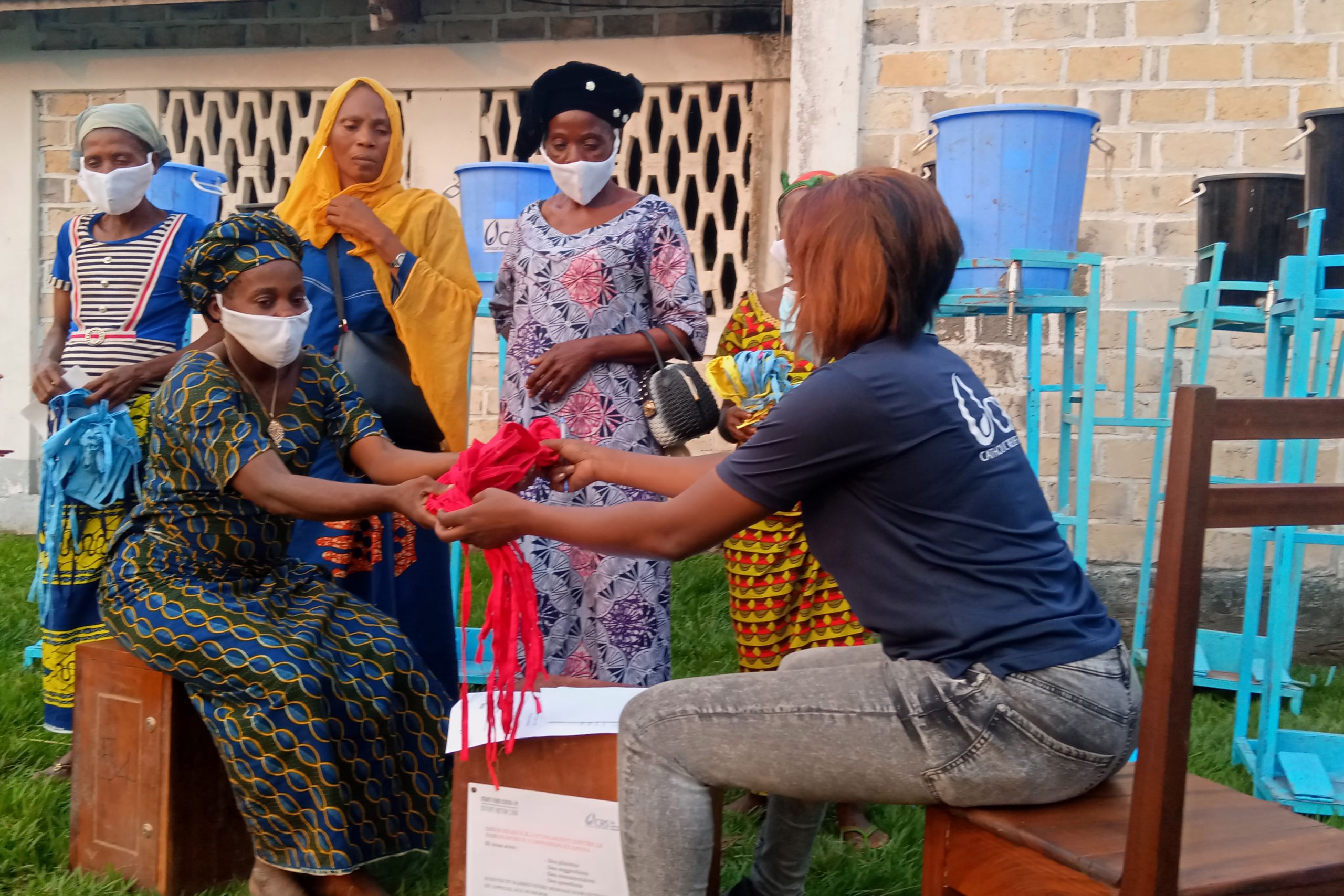
The challenges
However, the response was not without difficulties, notably:
- Too short a timeframe, therefore not enough time to prepare (as an emergency project)
- End of year festivities slowed down the project, as many of the field staff were on holiday at the end and beginning of the year
- Transport problems
- Long distances between localities
- Difficulties due to the dry season having caused the water to run dry (not facilitating navigation from one locality to another, especially in Epéna)
- Difficulties relating to the calendar of seasonal activities of the locals
- Difficulties around the accessibility of several zones (isolation)
Good practices
1. For this 60-day project, hold weekly coordination meetings at all levels (central and decentralised) to coordinate all actions and prevent possible blockages
2. Take the time to do advocacy at the central and especially at the peripheral level before starting the activities on the ground to get the support of local authorities and religious leaders.
3. People who know the intervention area well should participate in planning meetings to minimise unforeseen events during implementation.
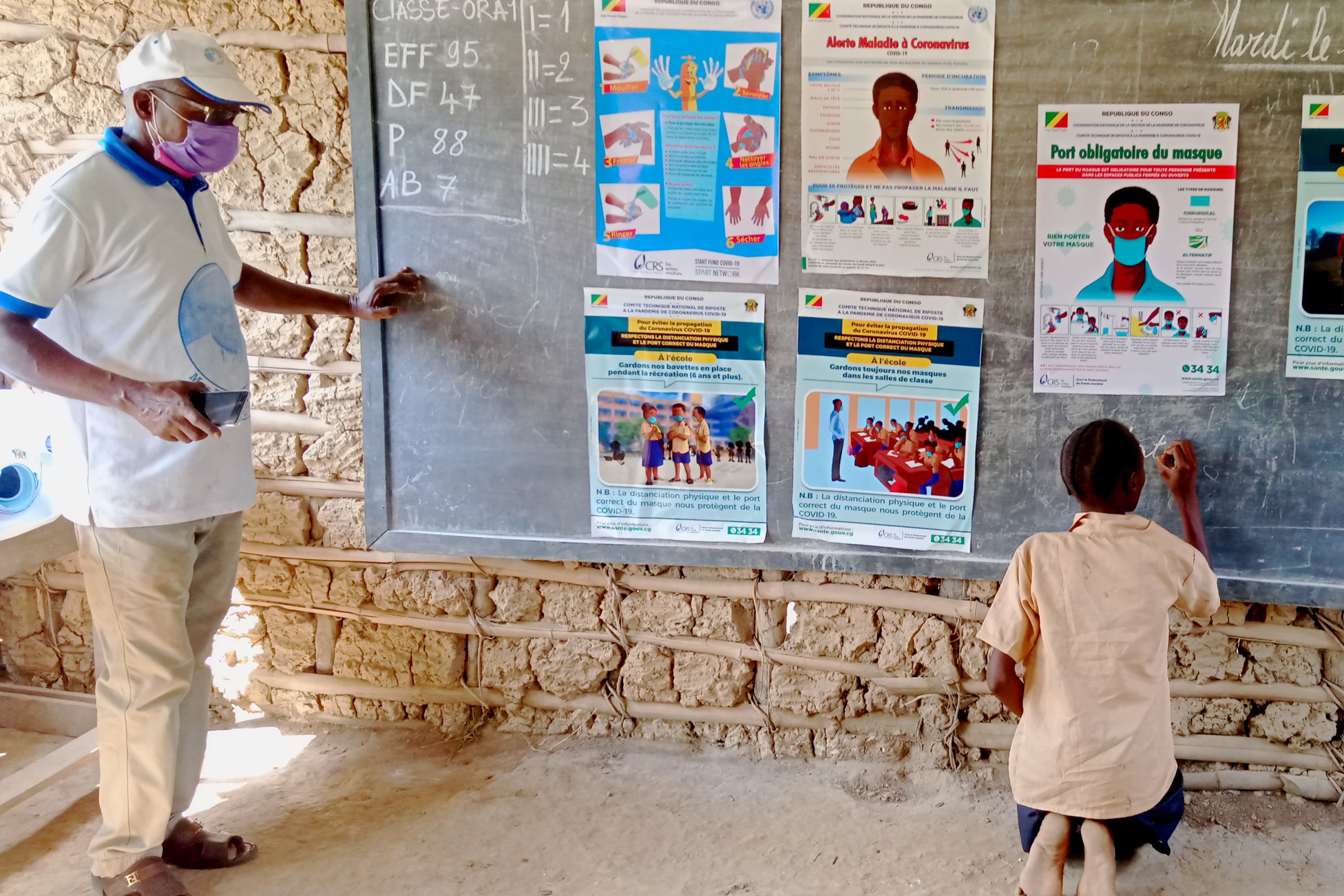
Start Fund COVID-19 is supported by the IKEA Foundation, UK Aid, Jersey Overseas Aid, German Federal Foreign Office and private donors.
